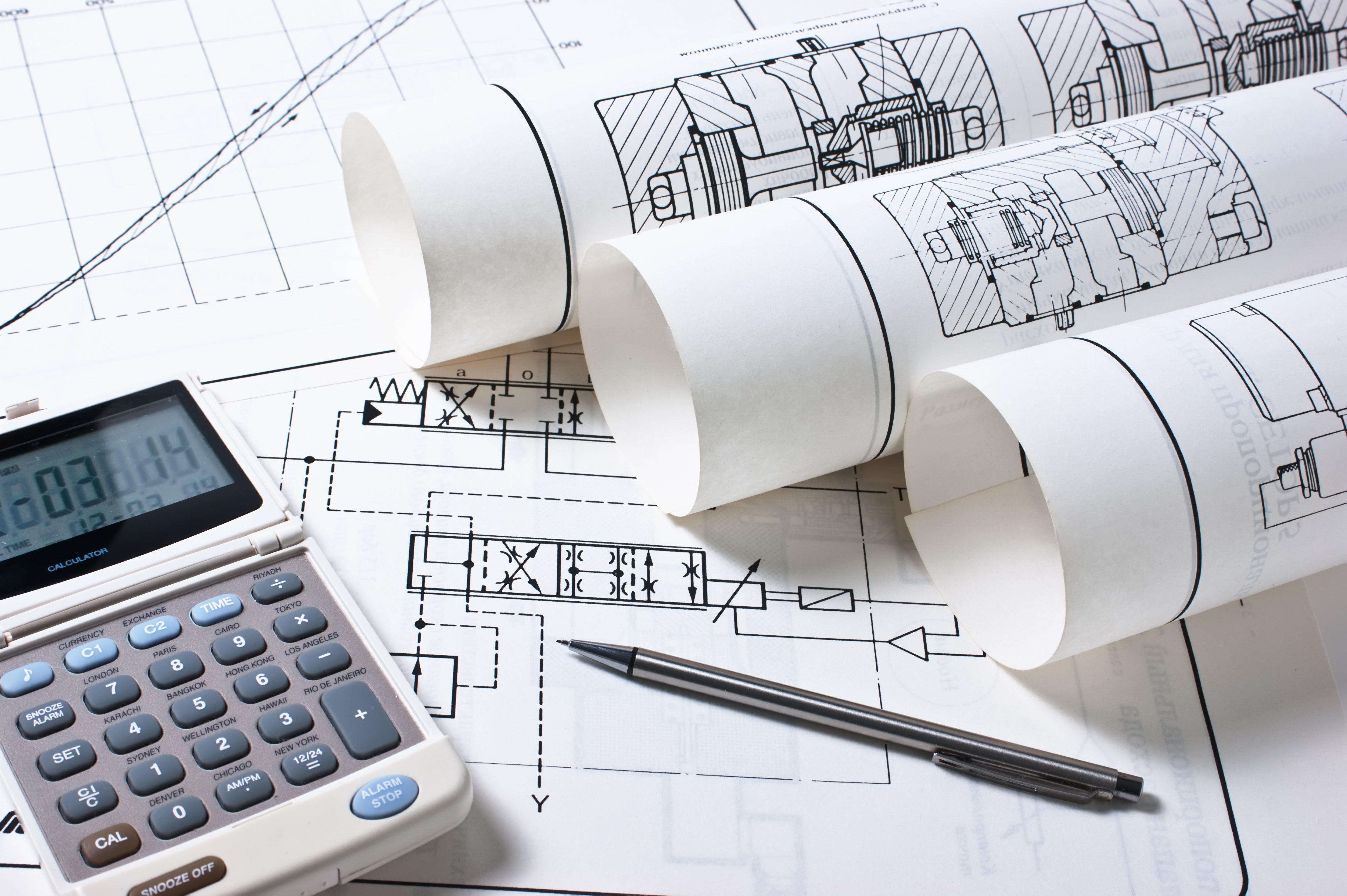Dear Sean,
I’ve come to realize that I’ve been under-charging for some time, but I’m struggling to figure out how to get where I need to be. There are projects I am no longer motivated to work on because they don’t feel worth what I’m making. At the same time, many of my clients are looking for even cheaper pricing on my services and products but expect the same high level of service during the design phase and production.
The struggle—having the guts to ask for what I need—is real, but I want to face down the fear. Is there any way to restructure a design agreement before starting on new parts of a project so that I am not left feeling underpaid? I’m bitter about all the hard work I have been under-compensated for to date, but is it worth it to have that conversation with my current clients?
Ready for a Raise
Dear Ready,
As my stepfather would always tell me, “A closed mouth does not get fed.” Your clients want you to do your best work. If you are feeling resentful and underpaid, that’s not possible. Eating the bullet is never the answer, as you just end up dead. Get what you need—no more, no less—and let that sense of fairness win the day. Even with existing clients.
There is a bigger question at play, though: How did you allow yourself to get here in the first place? Will you acknowledge that the messaging you are sending out to your clients is based on a very old story that probably was never true?
If your clients are constantly trying to negotiate your fees and expenses, is it because that’s who they are, or who you taught them to be? Yes, there are those who love to negotiate; however, when it comes to a home you both want to be proud of, the consequences of ending up with a less-than-effective environment are fraught with risk. Your client will have chosen to wake up every day knowing they decided that “less than” was good enough. If these clients paid for a designer, then clearly they care about their home, and they will likely have to live with a pit in their stomach knowing that it could (and should) have been better.
Your unwillingness to ask for what you need and your clients’ fear of investing in themselves is a perfect storm that leaves everyone miserable. But here’s the thing—it is your fate to determine and yours to change. Try starting every sentence (in your head, anyway) with: “I know you’re scared, but here is how we are going to work through it.” Then see what comes out of your mouth.
For instance, if an existing client is having a terrible time making decisions, you can show them option after option (to your utter frustration), or you can say, “I know you are nervous about purchasing a $10,000 sofa, but we know that you will have the sense of comfort and elegance you seek when you are sitting on it. I know it is the right sofa and am willing to live with your disappointment if I am wrong. Let us move on.” Now, in reality, they should not know the price of the sofa before committing to buying it, but that is another topic that I have covered extensively in this column.
The entire point is that you are in the value-maximization business, not the value-engineering business. That goes for both the expense of the project and the value of your effort. Play it all the way out. And if a client holds you to an unfair deal, who, exactly, wins? It’s up to you to get what you need—no more, no less.
Homepage photo: ©Arbalest/Adobe Stock
____________
Sean Low is the go-to business coach for interior designers. His clients have included Nate Berkus, Sawyer Berson, Vicente Wolf, Barry Dixon, Kevin Isbell and McGrath II. Low earned his law degree from the University of Pennsylvania, and as founder-president of The Business of Being Creative, he has long consulted for design businesses. In his Business Advice column for BOH, he answers designers’ most pressing questions. Have a dilemma? Send us an email—and don’t worry, we can keep your details anonymous.





























